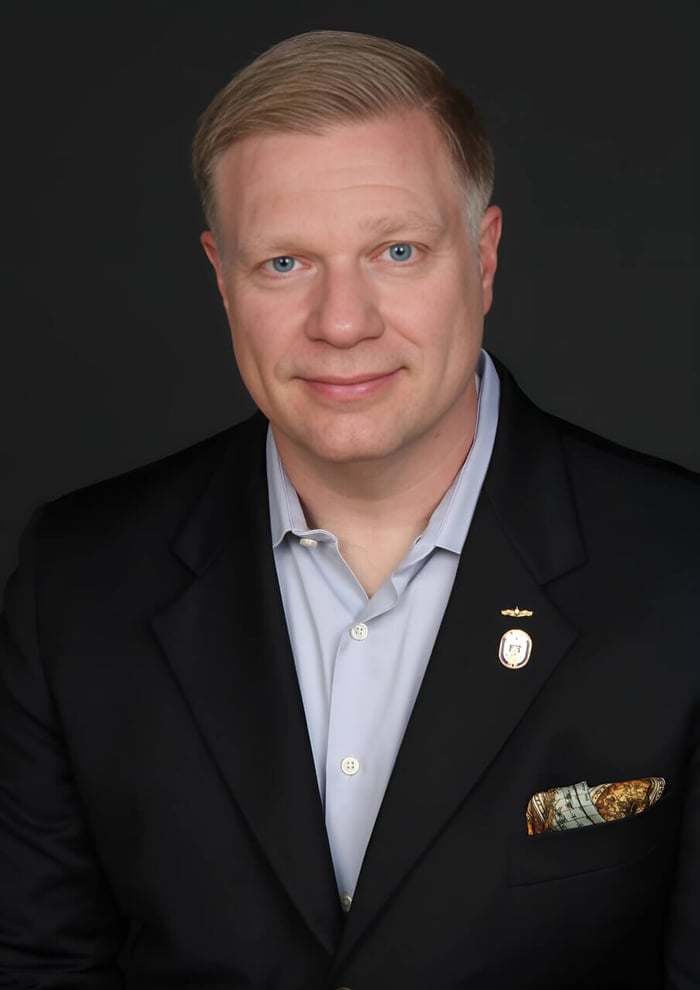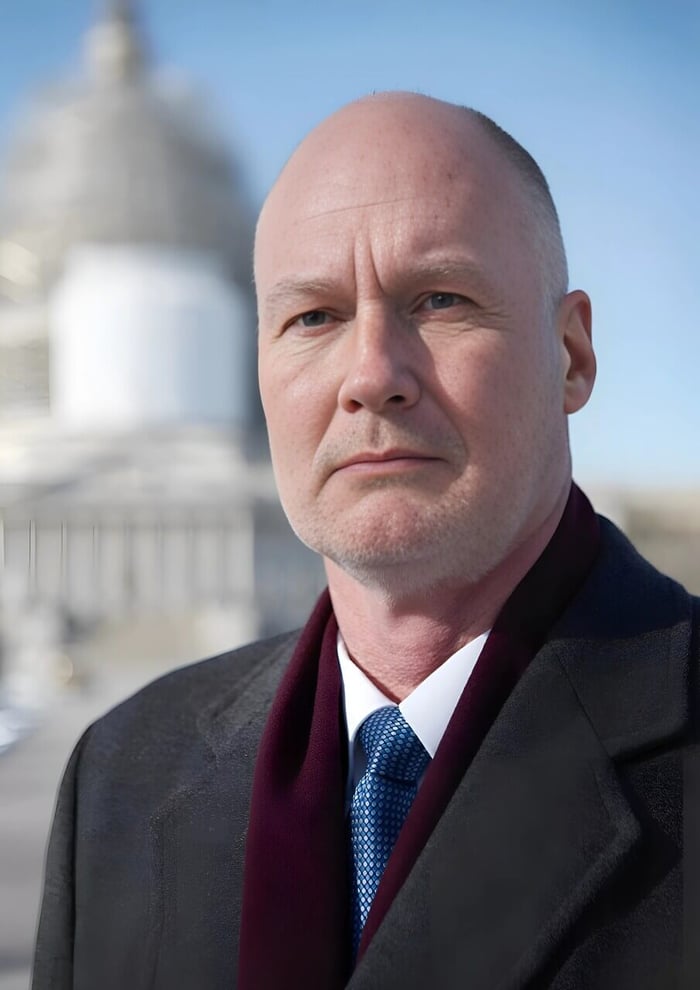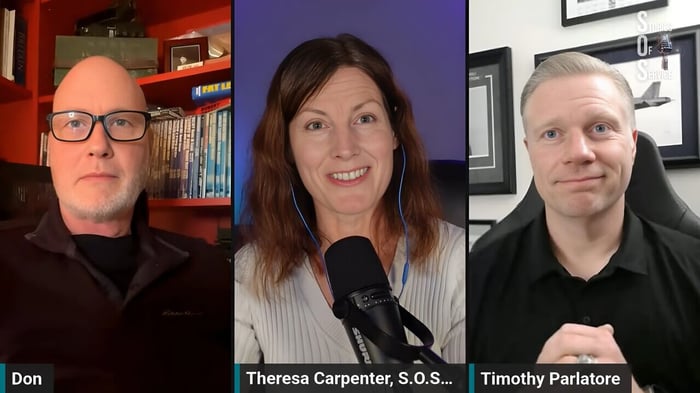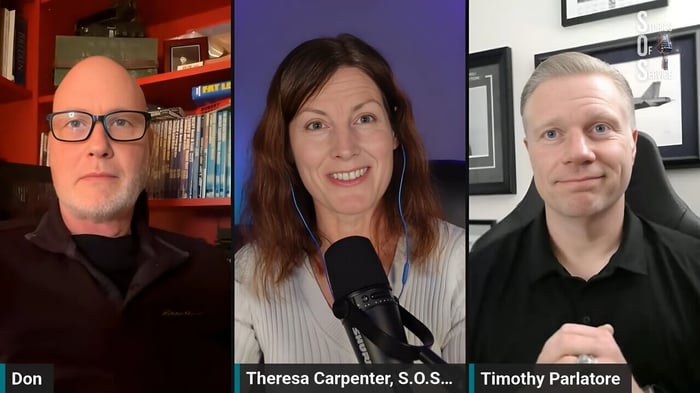In a recent episode of the Stories of Service podcast, host Theresa Carpenter facilitated a debate on the controversial dismissal of Judge Advocate Generals (JAGs) from the Air Force, Army, and Navy. The discussion featured two guests with opposing views, shedding light on the implications of these firings and the future of military justice.
Meet our Guests:

Timothy C. Parlatore
Nationally recognized defense attorney, veteran, and former counsel to high-profile political and military figures. Col. Don Christensen, USAF (Ret.)
Col. Don Christensen, USAF (Ret.)
Former Chief Prosecutor of the U.S. Air Force and longtime advocate for military justice reform.
The recent firings of the JAGs have sparked significant debate. On one side, some argue that this move is a dangerous precedent, suggesting it could lead to political loyalty over legal integrity. Col. Don Christensen, a former Chief Prosecutor of the U.S. Air Force, expressed concern that these dismissals could create a chilling effect on JAGs, who may fear repercussions for doing their jobs.
Conversely, Timothy C. Parlatore, a defense attorney and veteran, argues that the JAG corps has not performed effectively in recent years. He believes that the dismissals signal a necessary reset in military justice, aiming to restore professionalism and accountability.
Perspectives on Accountability
The discussion delved into the roles and responsibilities of JAGs. Don emphasized that the JAGs are crucial to maintaining legal standards within the military. He pointed out that the recent firings lacked clear justification, as there were no allegations of misconduct against the dismissed JAGs. This raises the question: should leaders be held accountable for the performance of their subordinates?
Tim countered this by stating that a loss of confidence in leadership can justify such dismissals. He argued that the JAG corps has faced significant challenges and that new leadership could bring about necessary changes. The debate highlighted the tension between accountability and the need for reform in military justice.
The Role of Communication
A significant point of contention was the communication surrounding these dismissals. Both guests acknowledged that the messaging from military leadership could be improved. Don expressed concern that the lack of transparency could lead to fears of authoritarianism within the military. Tim, on the other hand, suggested that the new administration is still in a transition phase and that clearer communication will come with time.
The Future of Military Justice
As the conversation progressed, both guests agreed on the need for reform in military justice. They discussed the importance of training and experience for JAGs, emphasizing that effective legal representation is crucial for maintaining trust in the military justice system. The discussion also touched on the need for a more robust investigative process, with both guests advocating for better training and accountability for those involved in military investigations.
Listen to Audio
Watch Full Episode 
The debate over the dismissal of military JAGs is far from settled. It raises important questions about the balance between political influence and the integrity of military justice. As the military navigates these changes, the voices of advocates for reform will be essential in shaping a system that upholds justice while ensuring accountability. The conversation serves as a reminder of the complexities involved in military leadership and the ongoing need for respectful dialogue on contentious issues.






